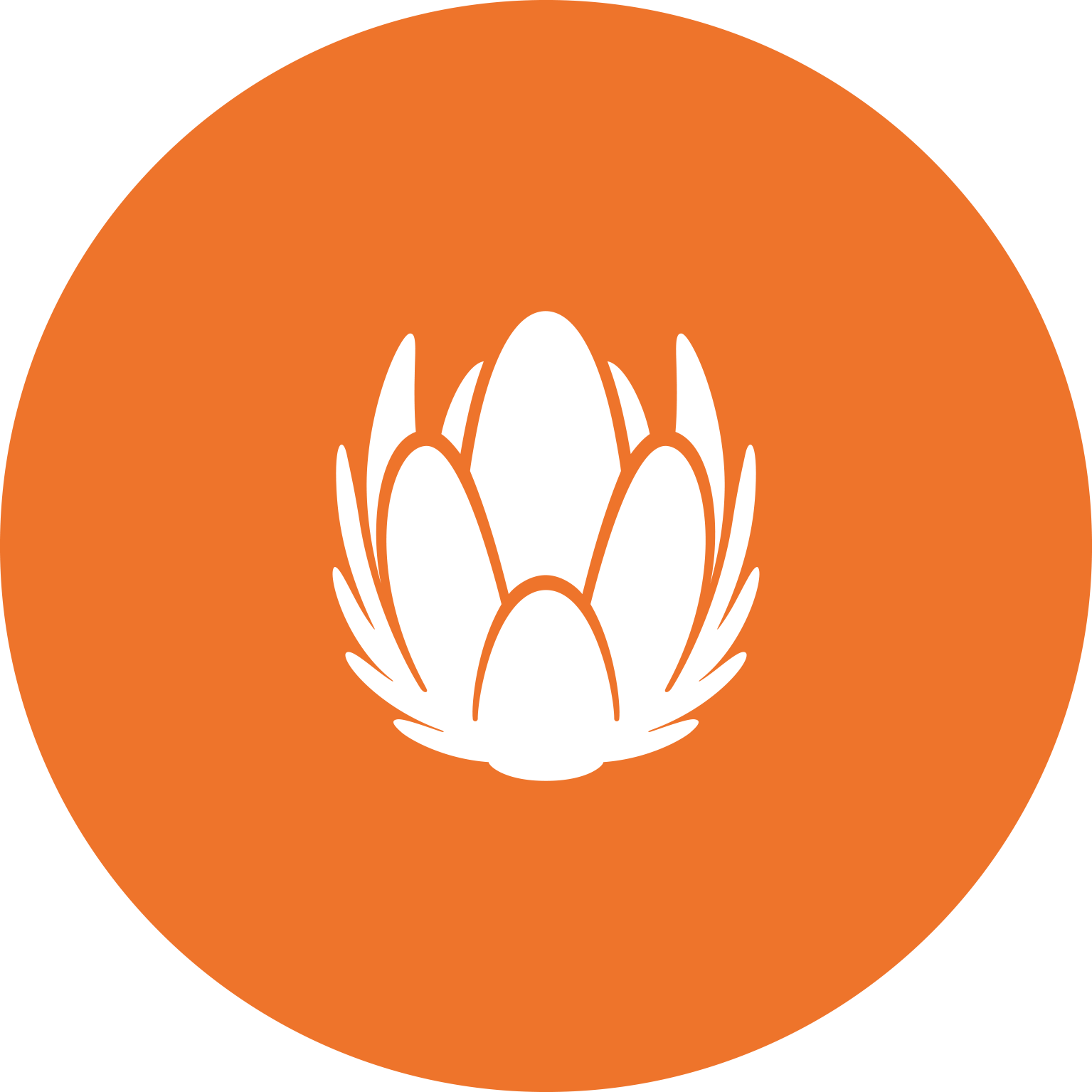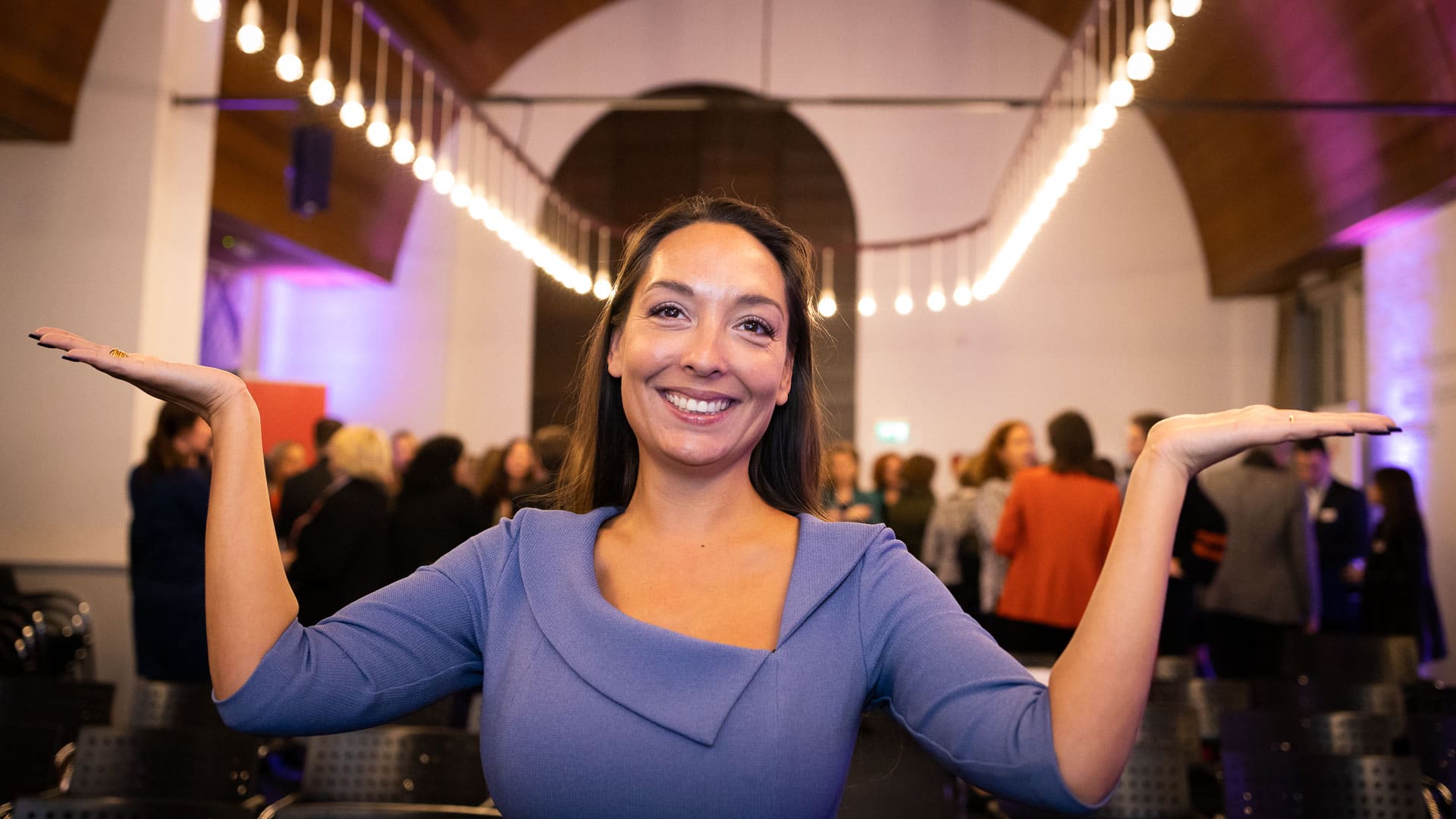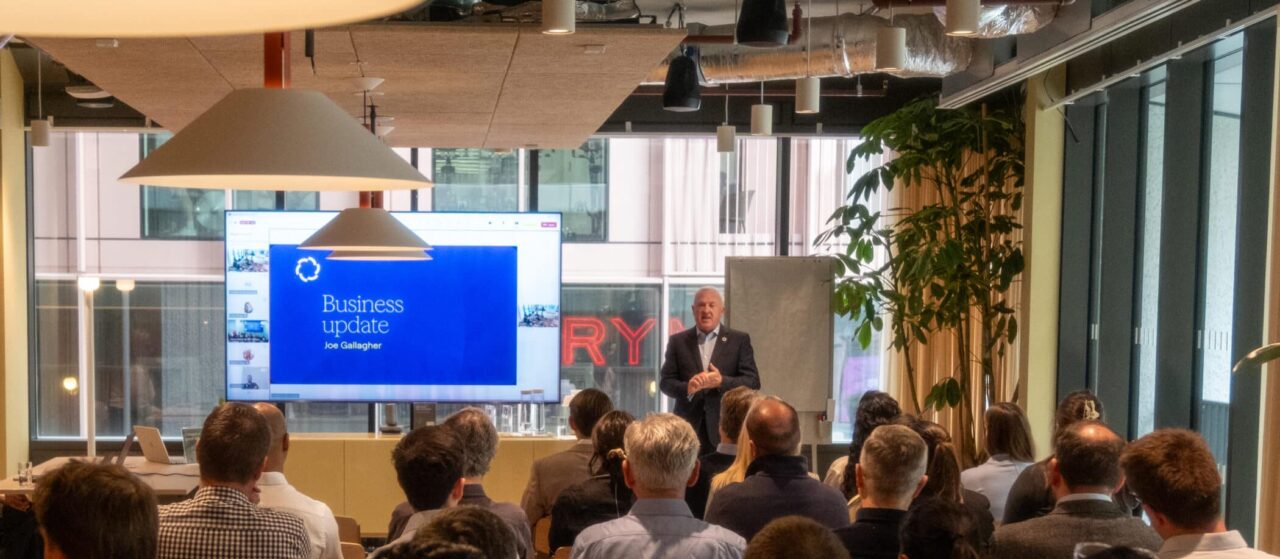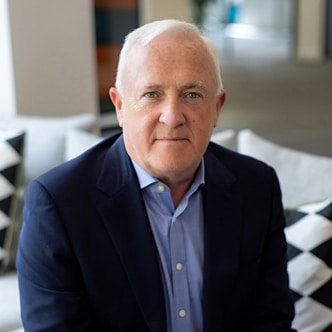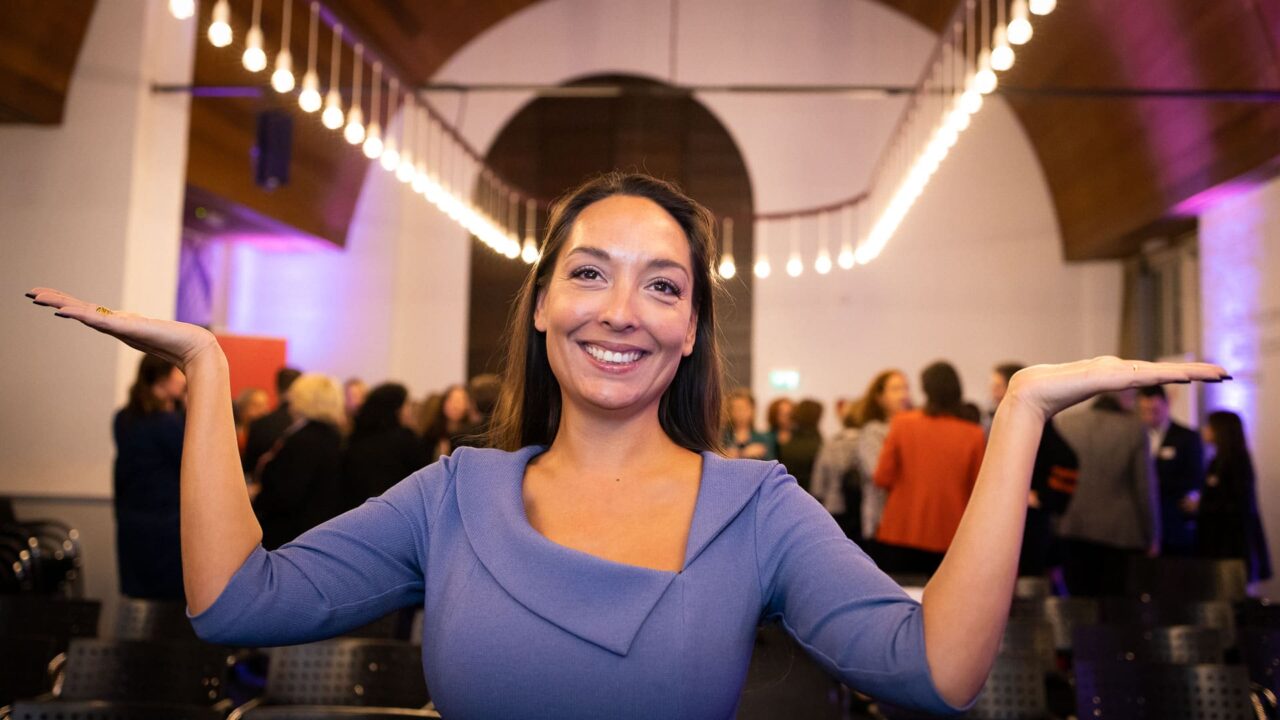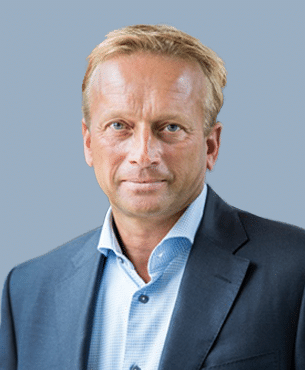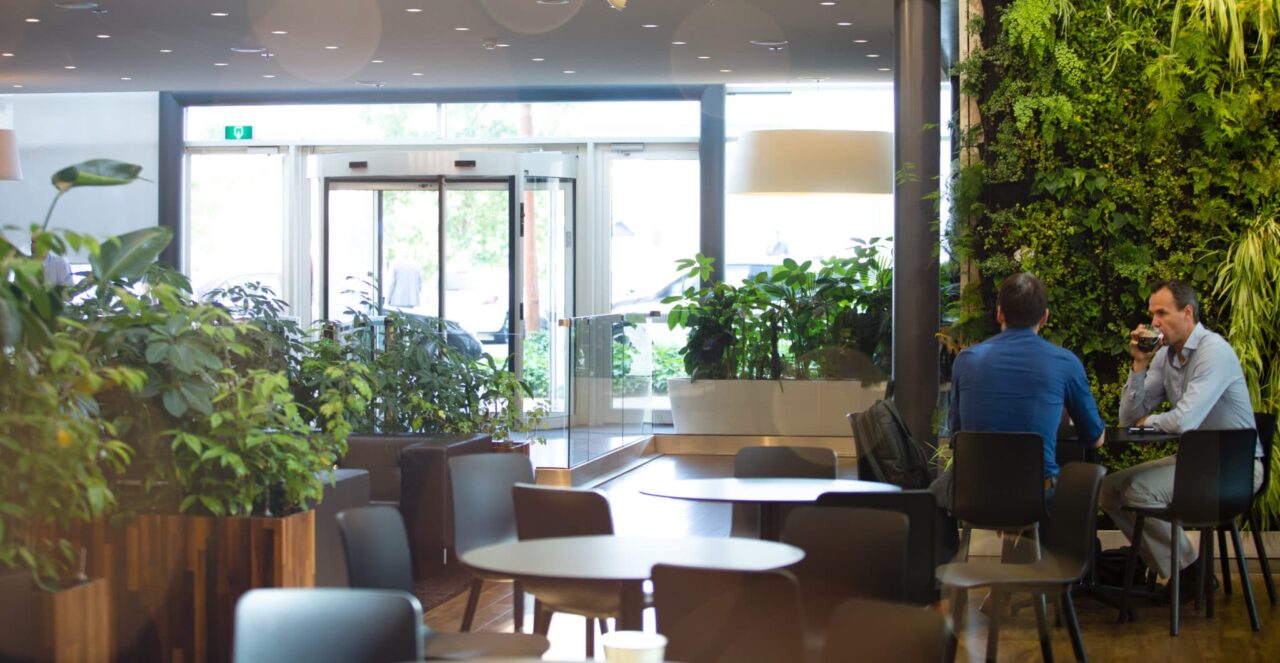Walking through the tech-filled halls for my first ever Mobile World Congress in Barcelona, I’m amazed. Initially, by the banks of neon, flanks of flashing screens, video and audio speakers proclaiming the wondrous possibilities of AI and 5G.
Then, by the hundreds of panels featuring the industry’s best and brightest– interviews and keynotes with CEOs, tech leaders and silicon start-ups.
And ultimately, unavoidably, I’m amazed by the sheer volume of men in attendance…. tens of thousands of men. And only a smattering of women.
The glaring diversity gap here does have one advantage – the lack of queues in the women’s toilets. Something I find laughably odd as I breeze past rows of men waiting in line at the gents towards a calm stand of empty washstands and stalls.
But elsewhere, this obvious gender imbalance in both attendees and speakers seems less fortuitous, and leads me to wonder – how is it that we’re able to create such brilliantly complex products and yet fail to nail the simplicity of having a workforce that reflects our society?
As the week unfolds the pace of innovation and the intelligence on display is striking. However, the lack of gender diversity that I noticed on day one starts to creep into my thoughts and influence my experience of what’s in front of me.
Consider this: Why are all the virtual assistants – such as Alexa and Google and even the one in my brand new lease car – women? And why have we programmed them to respond only to orders with no please or thank you required?
And, why are all the super-computers and AI machines named ‘Watson’ or ‘Einstein’?
I took this thinking to the Women4Tech panel “diversity in the age of intelligent connectivity”, where I was joined by the CIO of Nokia and the CTO of Telecom Italia – both strong female leaders. We were thrilled to see an audience of 500 people – men and women – eager to drive diversity together.
Two main topics were discussed; The need for diversity in opinions and viewpoints, and how to create a more flexible workplace to drive more women into our industry.
After many conversations, insights and personal experiences shared, three main themes came to light:
Firstly, as women, we need to dare. Dare to step up, be confident and ask for things that will further our career and help us reach our goals. I’m not a fan of the phrase ‘act more like men’, but it works in this regard as they seem to have less of a problem making their value and contribution known. Women tend to wait for their contribution to be recognised by others. We must dare to make our opinions known, dare to get our names out there and dare to ask for a seat at the table.
Secondly – and very topically in the week of International Women’s Day – workplaces need to create environments that encourage women to join and inspire diversity. It’s a proven fact that companies perform better when they reflect the customers and communities that they serve. Diversity, both ethically and economically, is good for business.
Finally, the technology industry needs to change its reputation and welcome more women into a sector that has traditionally been male dominated. A recent WIRED study found that only 12% of leading machine learning researchers were women. 12%?! That isn’t good enough. With fast moving technologies, diversity of skills and specialization adds to the complexity. It’s imperative that tech leaders build teams with diverse views, experiences, and backgrounds to create the innovation that is needed to stay relevant in the age of intelligent connectivity.
Until now driving diversity was, for me, a no-brainer. But after this week, I feel a keener sense of urgency. It’s key that ethics and human connectivity are at the centre of the technological process we’re celebrating at MWC. We need to act now so we can ensure diverse human viewpoints are baked into our technology, and maybe someday soon we’ll see a super computer called Susan.

